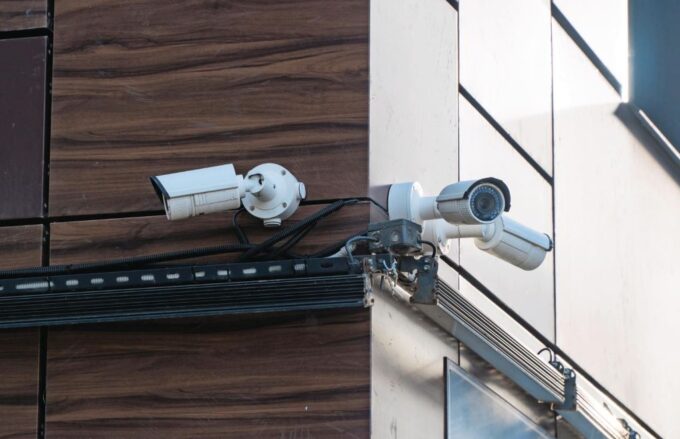Lack of expertise causes costs
The range of possible applications for networked video security systems is almost limitless. However, a strategic approach for measurable business benefits is extremely important. In an article, the Video Surveillance Installers Interest Group explains how this can be achieved.

Video cameras today are de facto computers with a lens. However, the use of video intelligence can become a major stress test for a company's management. For example, video surveillance not only prevents reliable protection of property, but when used properly, can also improve business processes such as regulatory compliance, positively impacting the bottom line.
In an analysis by the International Security Ligue on video security, some security executives believe that companies in general are underutilizing the systems and, as a result, valuable features are being wasted. This relates to features of integration, remote monitoring and analysis, among others. Another expert noted: Some companies would install network cameras only to be lulled into a sense of security that commissioning would make a difference. The need for professional maintenance and management of the systems, on the other hand, is usually neglected, he said.
Today's video security systems are improving rapidly, but advanced features are meaningless if there is a lack of resources or understanding among operations personnel, experts added.
Clearly outlined strategies and equipment plans
However, lack of planning and security expertise can lead to expensive camera setups that would not meet expectations. Strong partnerships between all stakeholders, from security service providers to business unit managers, are important to increase the business value of security video applications, he said. Most importantly, he said, it has become increasingly important to establish clear goals and a well-defined strategy that should be incorporated into the design of the system.
The specialist group advises the following three steps, which companies should first go through as a checklist:
- First, a strategic plan for security equipment should emerge. Such a needs or equipment plan, he said, could save an organization from investing in unnecessary security technology. The project, the type and nature of the technology, and how it can be developed should first be clearly defined within an organization.
- Furthermore, it is important to outline a clear usage scenario for all IP cameras. For example, the purpose of each camera should be precisely documented. For example, should a camera only provide visual evidence or also enable remote assessment?
- An annual assessment may prove useful to ensure that a video surveillance system is functioning properly, is being used for its intended purposes, and that such a system continues to function as the right tool for the job.
- Joint anticipation also requires qualified security system operators, strategic expertise of security managers, and communication among involved teams. In order to maximize value creation, it is also important to have regular exchanges with the professionals responsible for corporate strategy.
Source: International Security League Case Study: "See Benefits from Security Video More Clearly with Expertise, Communication" from 10.04.2022.









